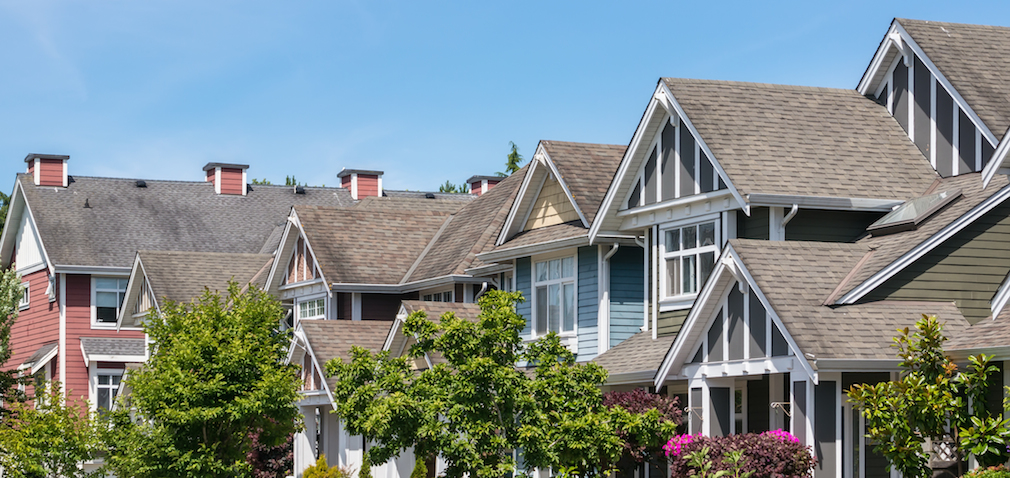For the first time in almost four years, home prices have decreased for three consecutive months. While aggregate senior home equity has consistently risen in the last several years, will its growth taper off as appreciation slows?
The latest NRMLA/RISK SPAN Reverse Mortgage Market Index revealed that senior home equity reached $6.8 trillion in the first quarter of 2018. The RMMI also reached an all-time high in Q1, climbing to 244.73 thanks to an estimated $182 billion increase in home values.
Since the index started, it has tracked a consistent increase in senior home equity. But now that home price growth is appearing to slow, will that change?
"Equity gains by homeowners in recent years have been substantial as home prices have been rising quickly in response to strong homebuyer demand and little inventory for sale," said, Mark Fleming, chief economist at First American. "As home price appreciation begins to slow, homeowner equity, the largest source of wealth for most middle class American households, will grow more slowly."
But Fleming said the appreciation slowdown is unlikely to have a significant impact, as this source of wealth is just so massive.
"An actual decline in wealth is much less likely, and it’s just a matter of time before the wealth of senior homeowners exceeds $7 trillion," he said.
Multiple indices show that home prices are beginning to slow. In 32 states and 33 of the 50 largest markets, home price gains slowed down from March to May. Furthermore, May saw its lowest appreciation in the last four years, which is surprising as it’s typically one of the strongest months of the year for home price gains, according to Black Knight’s Mortgage Monitor.
What’s slowing it down? Goldman Sachs suggests that higher mortgage rates and tax reform are the culprits.
A recent report from Freddie Mac stated mortgage rates reached their fourth-highest level of 2018, and S&P Dow Jones Indices and CoreLogic indicated rates are growing at least twice the rate of inflation.
Earlier this year, President Donald Trump announced he would implement various trade tariffs internationally, some of which have affected the housing industry. Particularly, lumber taxes have increased the overall cost of homebuilding. Consequently, in order to balance costs, homebuilders are passing those fees to home buyers.
The rate of appreciation continues to slow down as homebuyers struggle to afford homes. But senior home equity has maintained steady growth over the years, and while this could begin to slow a little as home price appreciation fumbles, it doesn't detract from the fact that seniors have nearly $7 trillion in tappable equity.






